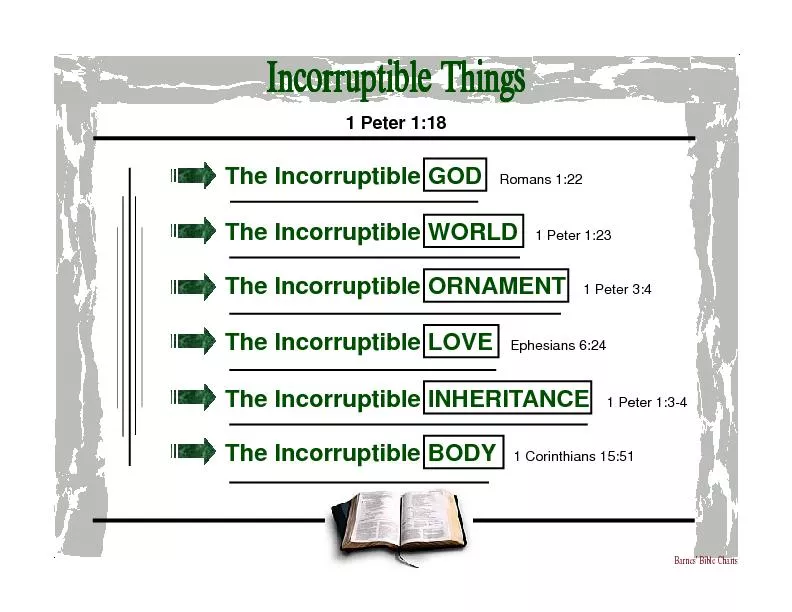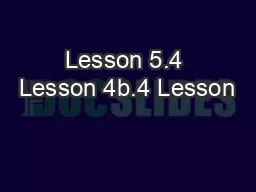PPT-Year 7 Lesson 1 – classification of living things
Author : cadie | Published Date : 2023-11-06
Science Learning intention To understand how scientists determine if something is living or nonliving and to know the characteristics of living things You will
Presentation Embed Code
Download Presentation
Download Presentation The PPT/PDF document "Year 7 Lesson 1 – classification of li..." is the property of its rightful owner. Permission is granted to download and print the materials on this website for personal, non-commercial use only, and to display it on your personal computer provided you do not modify the materials and that you retain all copyright notices contained in the materials. By downloading content from our website, you accept the terms of this agreement.
Year 7 Lesson 1 – classification of living things: Transcript
Download Rules Of Document
"Year 7 Lesson 1 – classification of living things"The content belongs to its owner. You may download and print it for personal use, without modification, and keep all copyright notices. By downloading, you agree to these terms.
Related Documents














